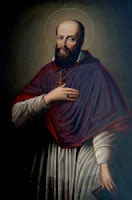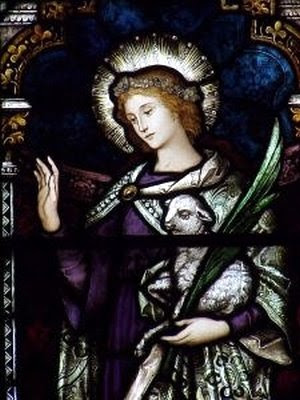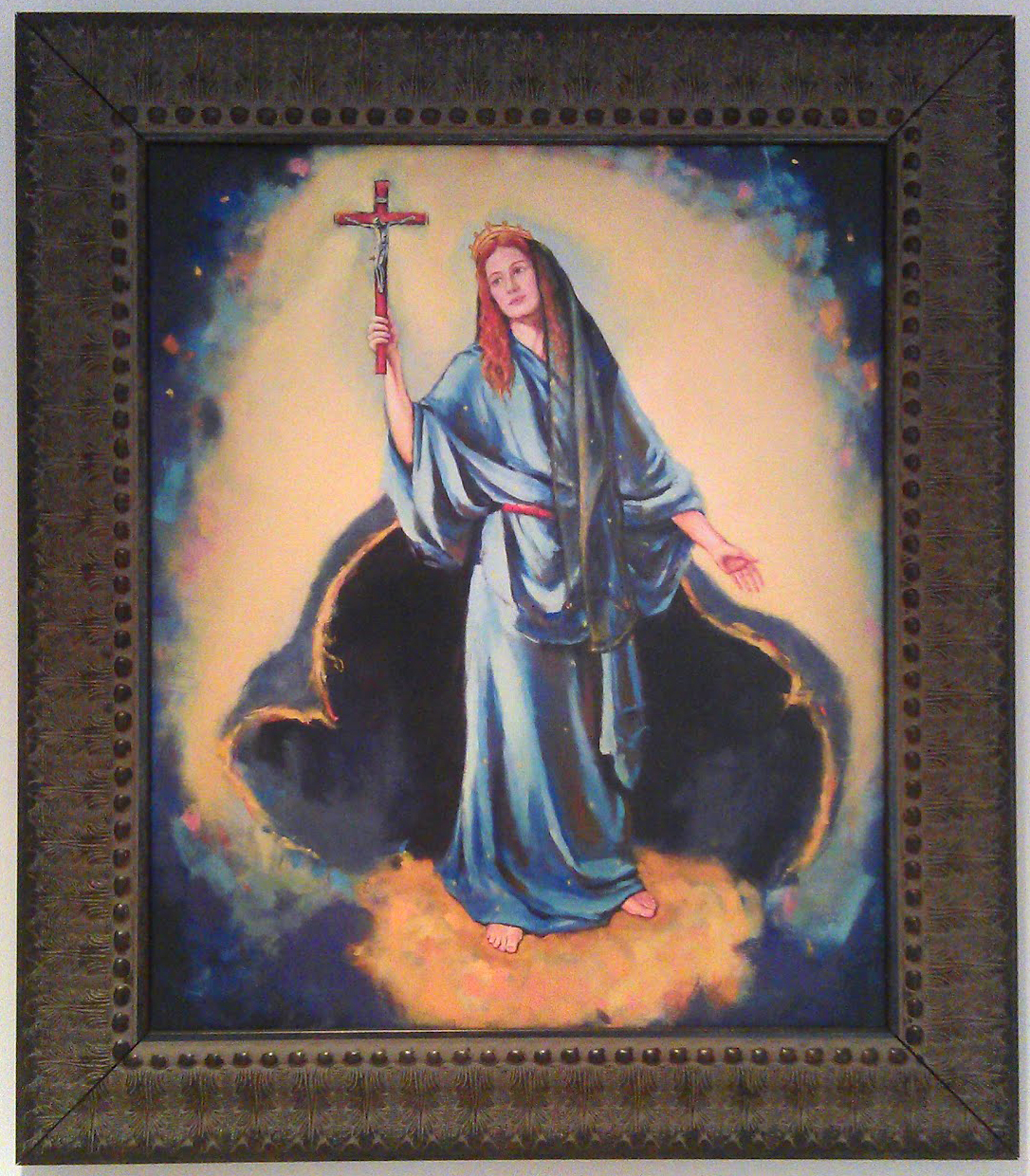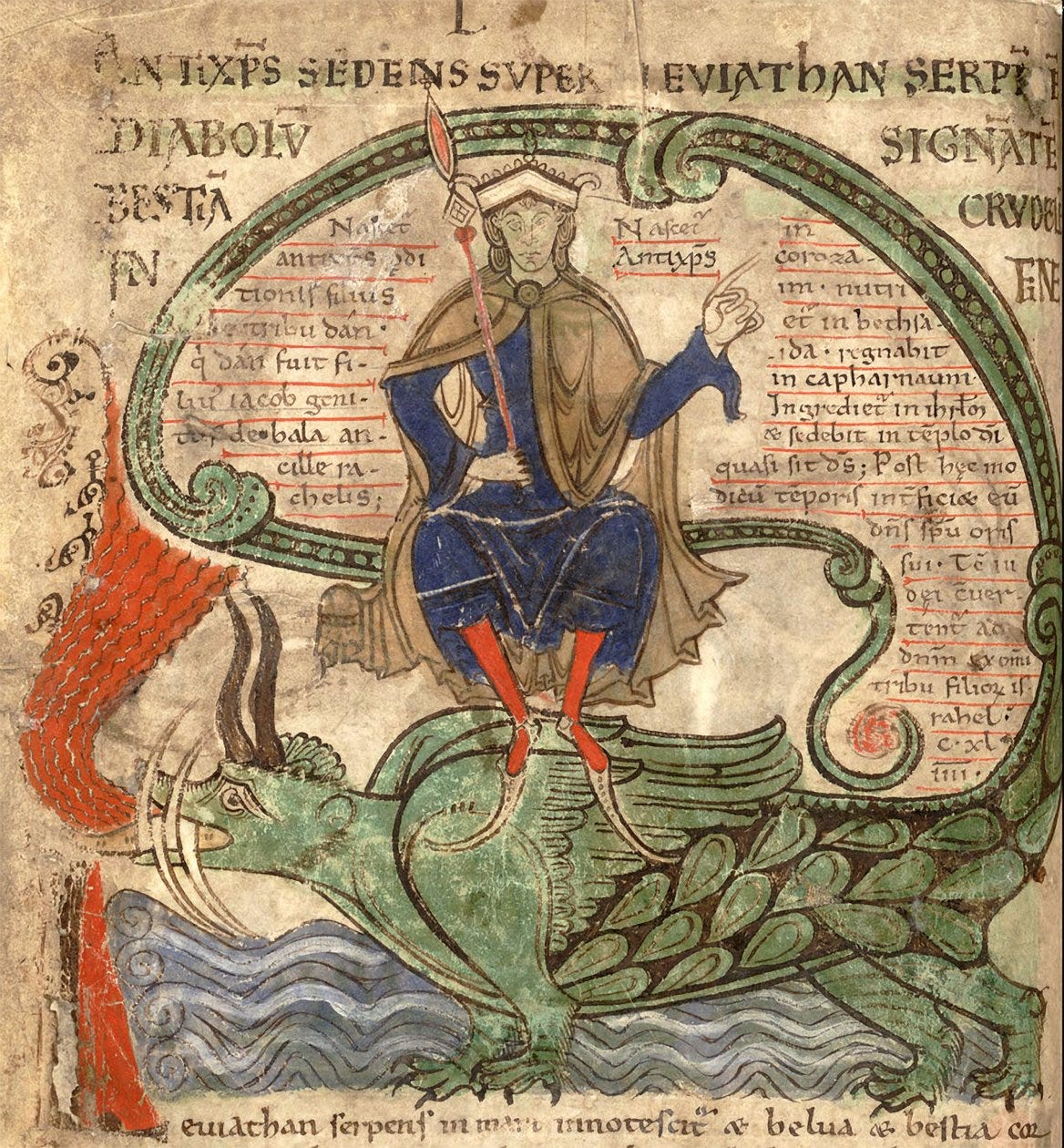 Today is the feast of Saint Francis de Sales. He is a saint very close to my heart. Here is one of his best-known sayings:
Today is the feast of Saint Francis de Sales. He is a saint very close to my heart. Here is one of his best-known sayings:Do not look forward to the mishaps of this life with anxiety, but await them with perfect confidence so that when they do occur, God, to whom you belong, will deliver you from them. He has kept you up to the present; remain securely in the hand of his providence, and he will help you in all situations. When you cannot walk, he will carry you. Do not think about what will happen tomorrow, for the same eternal Father who takes care of you today will look out for you tomorrow and always. Either he will keep you from evil or he will give you invincible courage to endure it. Remain in peace; rid your imagination of whatever troubles you.Fr. Mark writes on confidence and peace according to St. Francis de Sales.
Once we have accepted that all things are in the hand of God, and that the great events of history, like the smallest details of our own lives, are willed or permitted by Him, we begin to experience an unassailable peace of heart. “In everything, says Saint Paul, God works for good with those who love Him” (Rom 8:28). Worry has never advanced the kingdom of heaven. Worry has never made anyone holy. Panic, fretting, and anxiety are not fruits of the Holy Ghost. The Holy Ghost produces confidence in God, trust in His mercy, abandonment to His designs, surrender to His will and, always, peace.
Again, Saint Francis de Sales has a word for people who have the need always to be in control:
When we let go of everything, our Lord takes care of all and manages all. If we hold back anything — this shows a lack of trust in Him — He lets us keep it. It is as if he said, “You think yourself wise enough to handle this matter without me; I allow you to do so; you will see how you come out in the end.”It is a sound observation of human psychology that the more one feels that the big things in one’s life are spinning out of control, the more one grasps at the little things, trying desperately to control what one can.
On false devotion. From Aleteia:
Someone attached to fasting will consider himself devout because he doesn’t eat, even though his heart is filled with bitterness; and while, out of love for sobriety, he will not let a drop of wine, or even water, touch his tongue, he will not scruple to drench it in the blood of his neighbor through gossip and slander. Another will consider himself devout because all day long he mumbles a string of prayers, yet remains heedless of the evil, arrogant and hurtful words that his tongue hurls at his servants and neighbors. Yet another will readily open his purse to give alms to the poor, but cannot wring an ounce of mercy from his heart in order to forgive his enemies. Another still will pardon his enemies, yet never even think of paying his debts; it will take a lawsuit to make him do so.” All these, of course, are perennial vices and struggles, and they lead the saint to conclude that “all these fine people, commonly considered devout, most surely are not.” (Read more.)

























